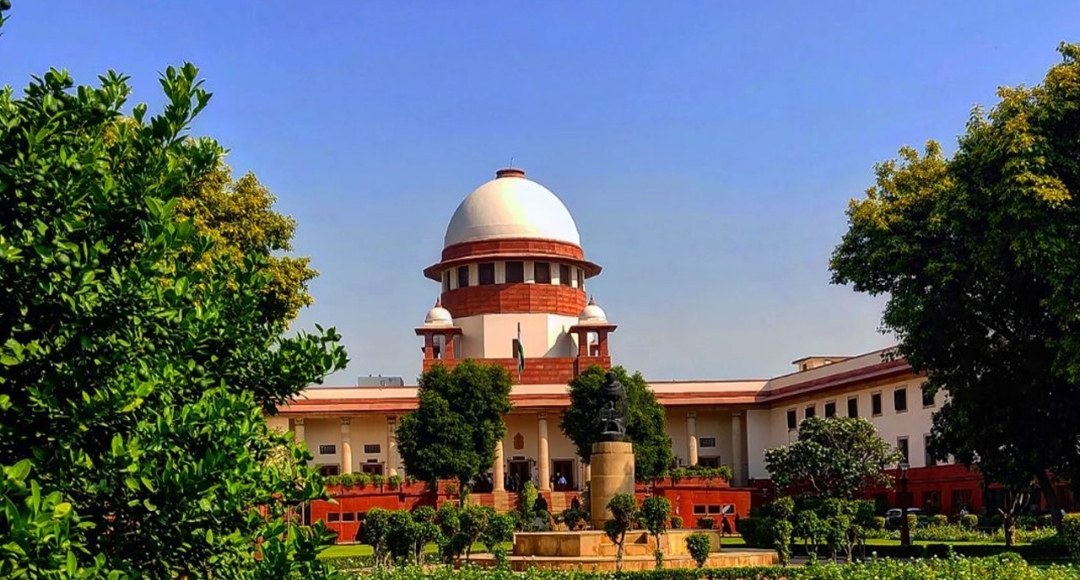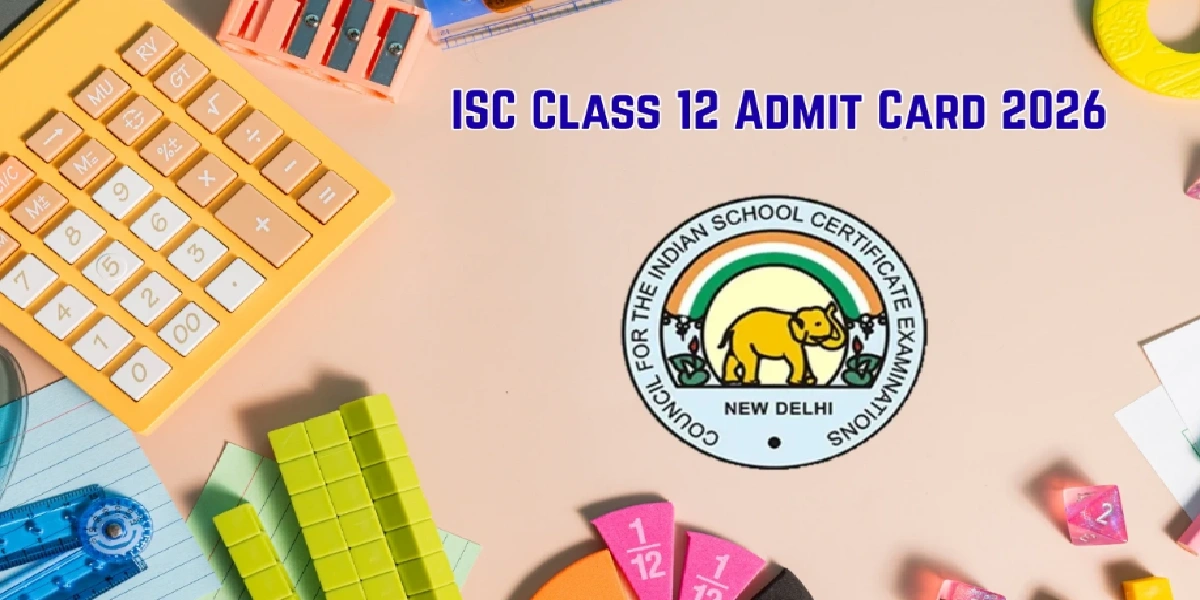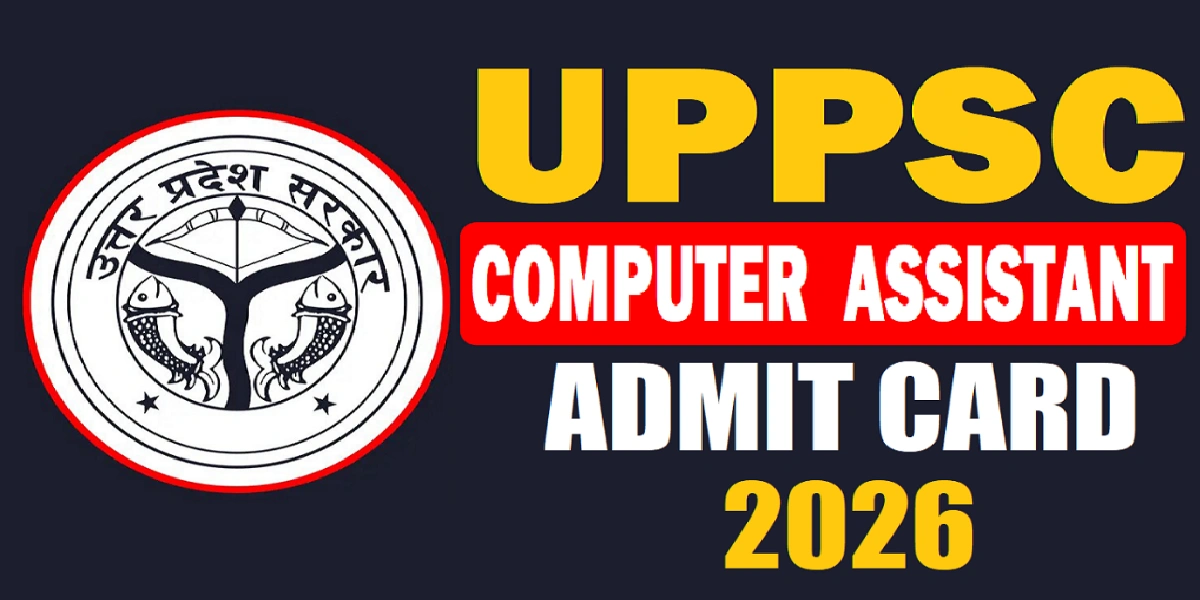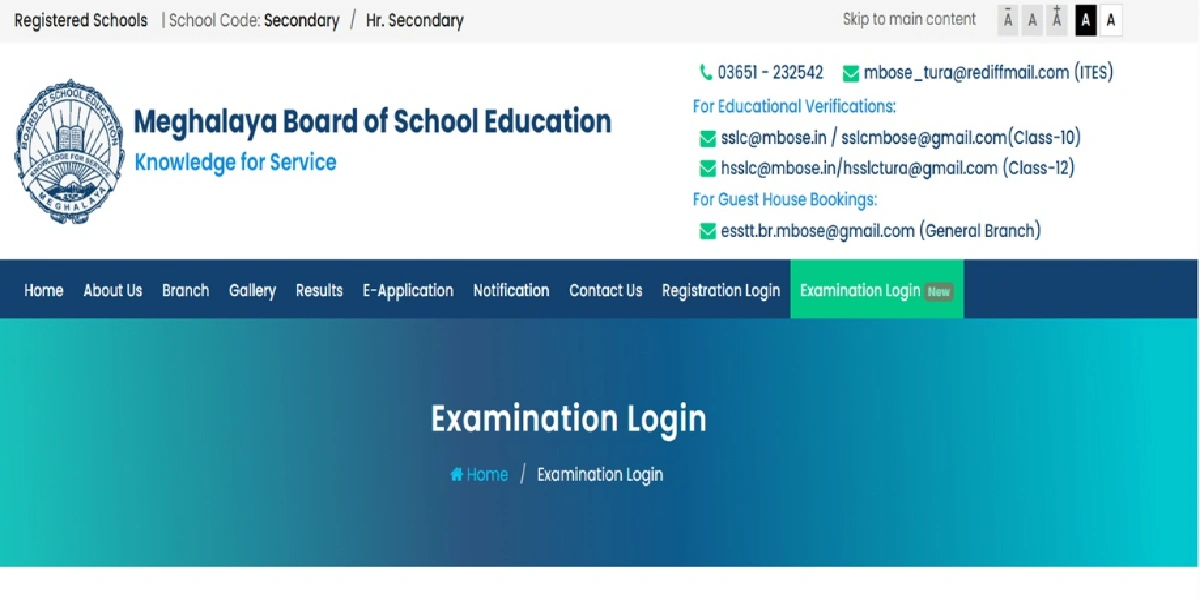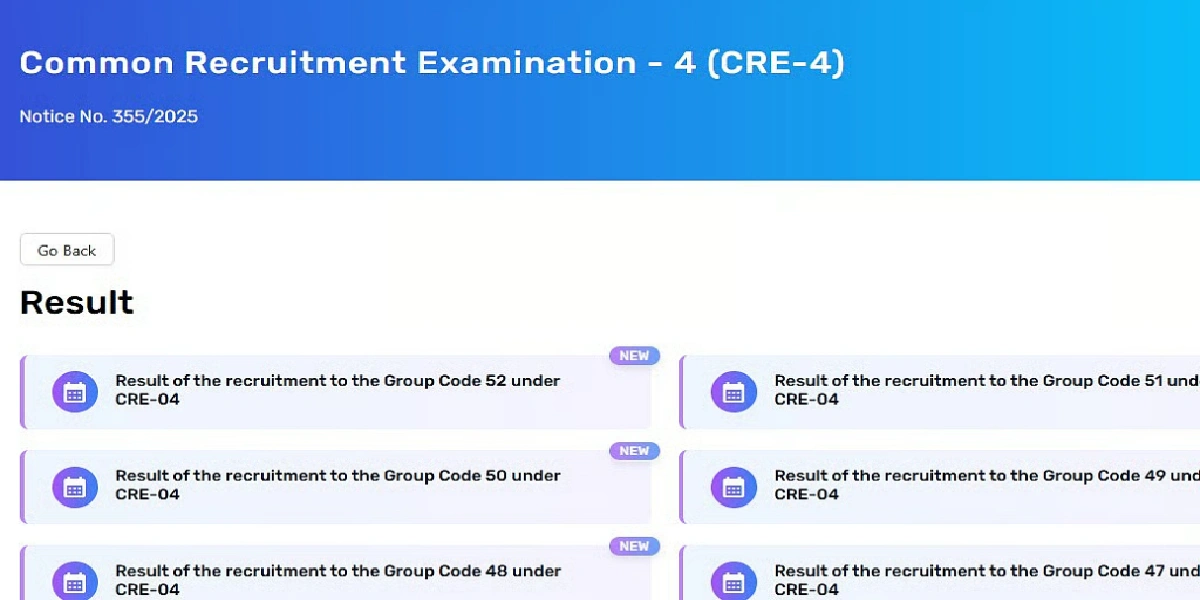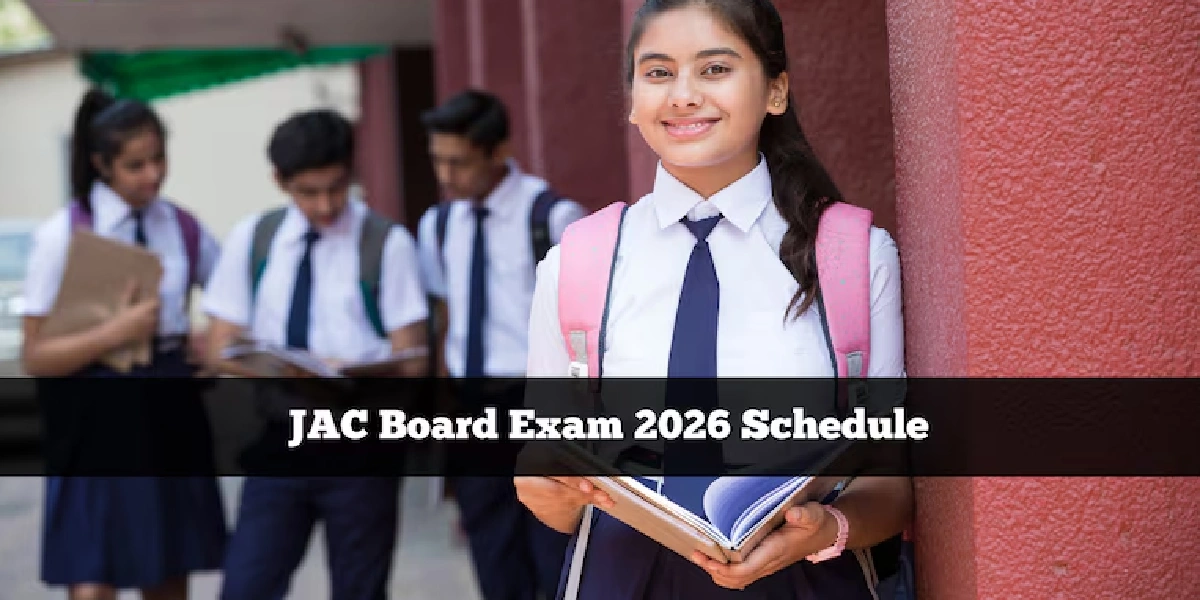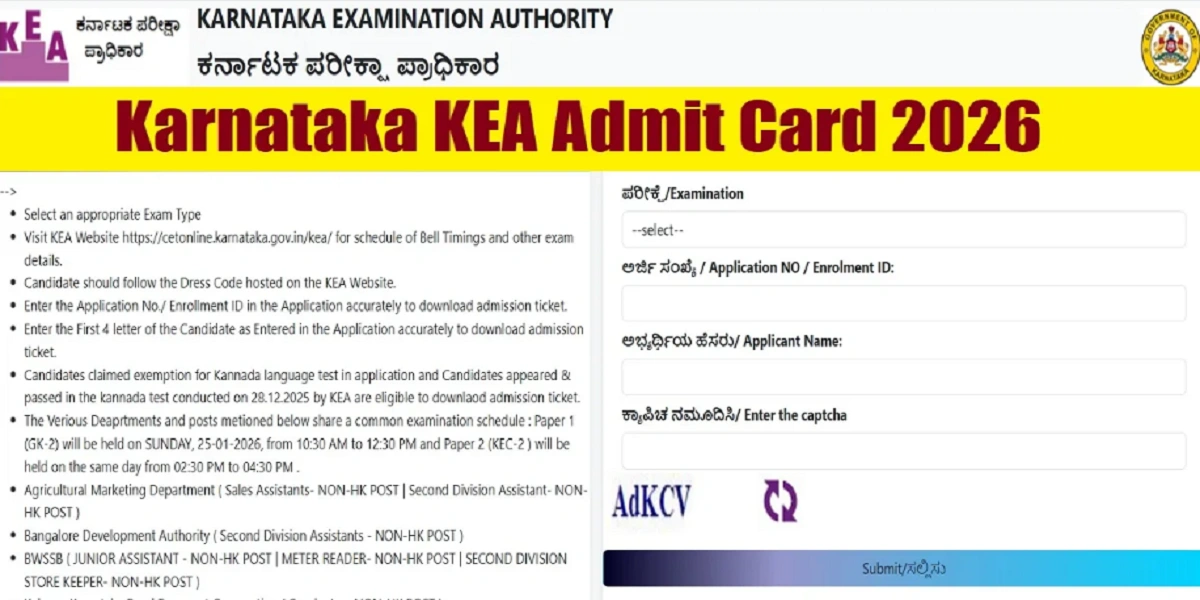Sometimes, the courts have to remind us of the basic rules that keep our justice system balanced. Recently, the Supreme Court of India delivered a powerful and emotionally compelling judgment that sheds light on the importance of following the law, especially when it comes to time limits in civil cases.
A Case Where Time Ran Out Before the Fight Even Began
The case in question was between Nikhila Divyang Mehta & Anr. and Hitesh P. Sanghvi & Ors. It revolved around a property dispute, where the plaintiffs sought declaratory and consequential relief. However, the twist was that the incident forming the basis of the lawsuit had occurred several years earlier, far beyond the three-year limitation period provided under the Limitation Act, 1963. In simple words, the time allowed to file such a suit had already passed.
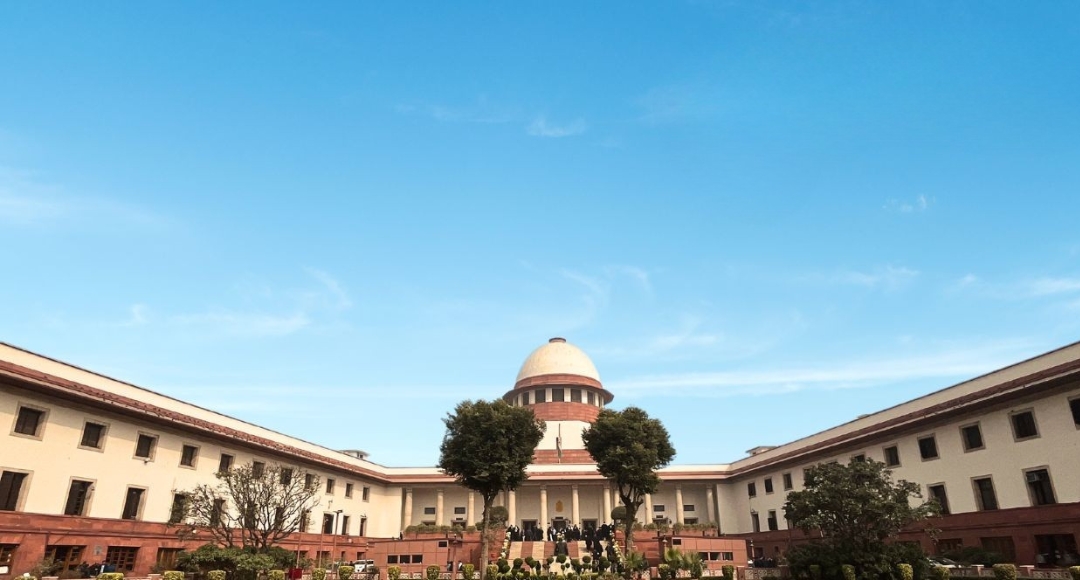
Supreme Court Steps In and Speaks With Clarity
The appeal against the High Court’s decision reached the Supreme Court, and the bench led by Justice Chandra Dhari Singh and Justice Anup Jairam Bhambhani did not mince words. They made it clear that when the bar of limitation is apparent from the face of the plaint, no trial is necessary. In other words, if the facts written in the lawsuit clearly show that the case is too late, the Supreme Court should reject it right away.
The Supreme Court strongly criticised the idea of distinguishing between “knowledge” and “full knowledge.” The plaintiff had claimed to have learned about a will and codicil in November 2014, but tried to escape the time limit by saying they didn’t have “complete knowledge.” The Supreme Court wasn’t convinced. They called it an afterthought, a weak excuse that didn’t hold up under legal scrutiny.
A Clever Draft Can’t Fool the Law
The Supreme Court emphasised that if the main relief in a case is barred by limitation, then any related requests, like for injunction or other directions, also fall. A case that is out of time cannot be kept alive by simply reshaping the words or adding more reliefs to make it appear valid. The Supreme Court stood firm in saying that what cannot be done directly cannot be done indirectly either. Clever legal drafting will not save a time-barred claim.
The Final Decision
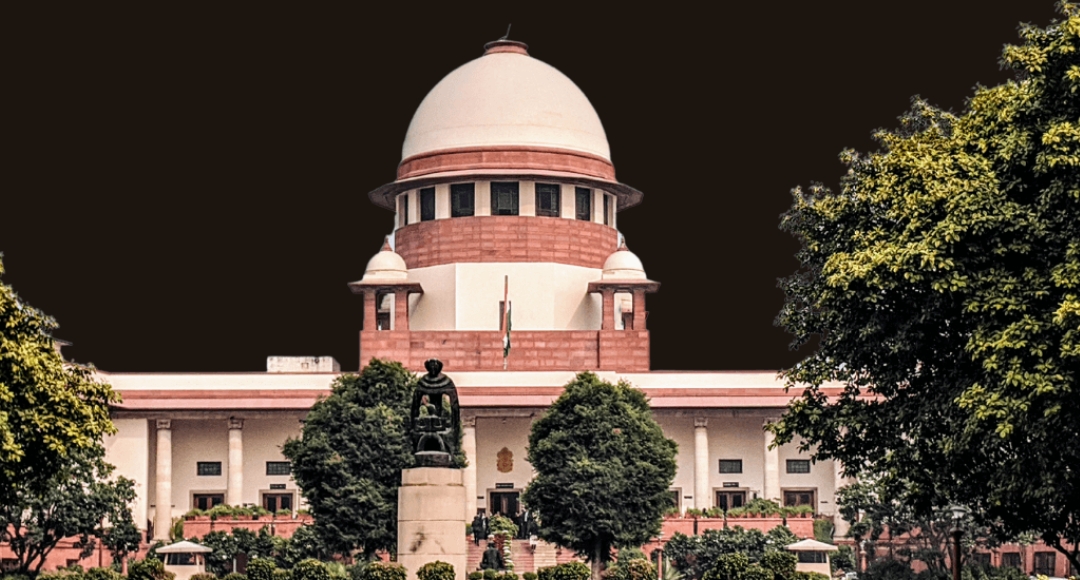
In its final ruling, the Supreme Court set aside the High Court’s judgment dated 08.02.2024 and restored the trial court’s decision. The plaint was officially rejected under Order VII Rule 11(d) for being barred by limitation. The appeal was allowed, and with that, the Court sent a strong message to litigants all over the country: respect the law of limitation, or your case will not stand, no matter how emotionally important it may be.
Disclaimer: This article is for informational purposes only and is based on the recent judgment delivered by the Hon’ble Supreme Court of India. It is not intended to be legal advice or a substitute for professional consultation. For any legal action or understanding of your rights, please consult with a qualified legal expert.
Also Read:
Delayed But Not Denied: Supreme Court Revives Claims Under Limitation Law
Uniform Civil Code is Not Just Law, It’s Humanity, Says Karnataka HC
